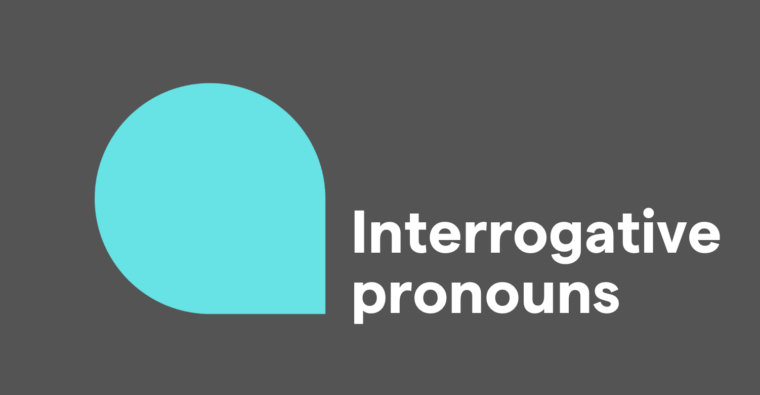
- “As of yet” usually describes something that hasn’t yet happened.
- Many writing authorities think “as of yet” is unnecessarily wordy. If you like clear writing, opt for “as yet,” or, even better, “yet.”
Do you understand the expression “as of yet” and how to use it? Some people learn by observing demonstrations. If this describes you, you will get a good understanding of this phrase from examining some real-life examples. The first quote is from Time:
Did you pick up the meaning of the phrase? The writer used “as of yet” to refer to something that had not happened. Let’s look at another example from Entertainment Weekly:
Here, there is a sense of anticipation. Though the show currently has no title (or did not have one at the time the article appeared), you can anticipate that naming will soon happen.
One variation of “as of yet” is “as yet.” In the book Animal Encounters you can see that “as yet” functions the same way as the longer version of the phrase:
Many writing guides condemn the use of “as of yet” and “as yet.” A Dictionary of Modern Legal Usage states that “as of yet is invariably inferior to yet alone.” Common Errors in English Usage remarks that “as of yet” is a windy and pretentious substitute for plain old English “yet.” Why is their view of this expression so negative? Mentally substitute “yet” for “as of yet” where it occurs in the above examples. Most of the time, it works just as well. Simplicity and clarity are highly valued in writing, so some language guides express a preference for “yet” over “as of yet.”
You might be wondering how “as of yet” came into existence. Common Errors in English Usage explains that the pattern might derive from dates. You can indicate that something started on a certain date or day of the month with “as of”: As of Saturday, I am a married woman. As of the 15th of May, the renters are under notice to vacate the premises. You can also indicate when something ends. The contract ended as of December 31, 2015. The first known use of “as of” was in 1900. Not long afterward, writers started substituting “yet” for specific dates or time markers such as yesterday or today.
How do you learn best? If examples help you, you might have already mastered “as of yet” simply by considering the cited quotes. If you learn better by doing, make a goal to use “as of yet” in casual conversation and writing in the coming week.
![]()






